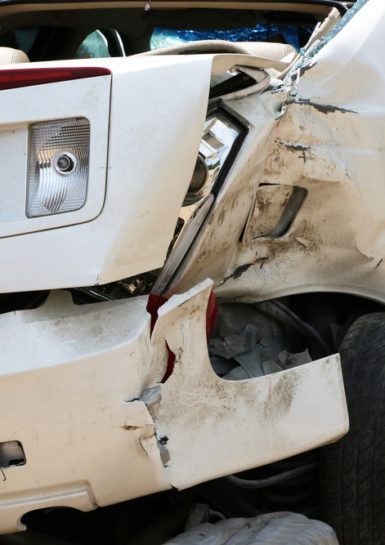Making Sense of your Car Insurance Policy
Every state has minimum financial requirements for automobile insurance coverage. On top of that, each insurance company offers multiple different coverages. It can be confusing for people who are not used to dealing with insurance policies. Here is a car accident lawyer’s brief overview of the major coverages:
Liability Coverage
If you are responsible (or “at fault”) for a car accident, then your liability coverage is very important. It is the portion of your policy that requires your car insurance company to defend you from a lawsuit for injuries or property damage you may have caused. It also provides the limit (or maximum) which your insurance will pay for injuries or property damage you are legally liable for. There is a minimum requirement under state law for liability policy limits, but you can and should purchase greater limits to further protect yourself and your assets.
Personal Injury Protection: Medical Payments Coverage
Depending on your state’s laws, you will also be able to purchase medical payments (med pay) coverage or personal injury protection (PIP) coverage. Some states require med pay or PIP coverage, but in most states, they are optional coverages you can purchase to protect yourself, family members, and passengers. These coverages typically are no-fault, so they usually apply whether you or someone else is at-fault, and they provide help paying for medical expenses.
Uninsured/Underinsured Motorist Coverage
If you are interested in protecting yourself and your family from injuries or damages if the at-fault party is uninsured or has low liability limits, then you should purchase high limits of uninsured (UM) and underinsured (UIM) motorist coverage. These coverages allow you to make a claim against your own insurance company if there is no liability insurance covering the driver who caused your injuries or if they have the minimum liability limits allowed under your state’s laws and your injuries and damages exceed those limits. These coverages allow you to avoid pursuing a personal judgment against the at-fault party (who may not have any assets you can recover) and instead allow you to recover from your insurance company and let it pursue the at-fault individual.
Property Damage Coverage: Comprehensive and Collision
If you financed your vehicle when you purchased it, you will likely be required to carry property damage coverage on your own automobile insurance policy. This coverage allows you to seek repairs or the total loss value of your vehicle from your insurance company after it has been damaged. There is typically a deductible required if you make a claim; however, if your insurance company ultimately pursues another party or insurance company to recover what it paid to you for your damage, then you will often be refunded that deductible amount. This coverage is crucial because it will allow you to get your car fixed even if the at-fault insurance company denies your claim.
This post is just a brief overview of the many complicated coverages in a typical car insurance policy. All these coverages have exclusions and might apply in situations where they do not appear to at first glance. It is imperative that you call car accident attorneys, like the attorneys at Garrett, Walker, Aycoth & Olson, Attorneys at Law, if you are involved in an accident to make sure you understand the coverages that apply to your accident!

